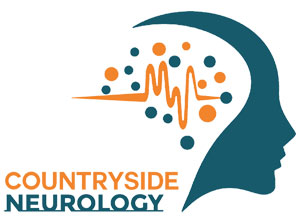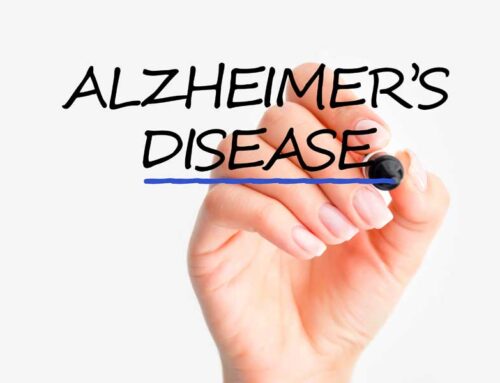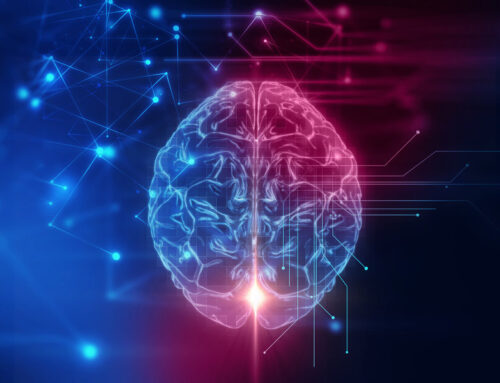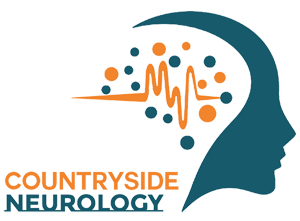Alzheimer’s disease is the most common form of dementia, affecting millions of people worldwide. Early diagnosis is critical to managing symptoms and planning for future care, yet it can be challenging to diagnose in its initial stages. This article will explore how Alzheimer’s is diagnosed, shedding light on the various tests and evaluations that help healthcare providers identify this condition.
Recognizing Early Symptoms
The first step in diagnosing Alzheimer’s disease is recognizing its early signs. Common symptoms include memory loss that disrupts daily life, difficulty solving problems, confusion with time or place, trouble understanding visual images, and withdrawal from work or social activities. If you or a loved one experience these symptoms, it’s essential to seek medical advice early, as an early diagnosis can significantly impact the effectiveness of treatment and care planning.
Medical History and Cognitive Tests
When evaluating a patient for Alzheimer’s, doctors begin by reviewing the patient’s medical history and asking about any cognitive symptoms they may be experiencing. A thorough physical exam is performed to rule out other conditions that could be causing the symptoms.
Doctors may use cognitive and neuropsychological tests to assess memory, problem-solving skills, language, and attention. These tests help determine the severity of cognitive impairment and whether it is likely due to Alzheimer’s.
Brain Imaging and Lab Tests
To confirm an Alzheimer’s diagnosis, healthcare providers often turn to imaging tools such as MRIs or CT scans. These tests help detect brain changes associated with Alzheimer’s, such as atrophy in certain regions. Advanced techniques like PET scans may also be used to visualize plaques and tangles—the hallmarks of Alzheimer’s disease.
Additionally, lab tests may be ordered to rule out other potential causes of cognitive decline, including vitamin deficiencies or thyroid issues. Sometimes, cerebrospinal fluid (CSF) testing is conducted to measure specific biomarkers linked to Alzheimer’s.
Genetic Testing and Biomarkers
Genetic testing can play a role in diagnosing Alzheimer’s, especially in younger individuals with a family history of the disease. Researchers are also developing biomarker tests to detect Alzheimer’s earlier by measuring changes in proteins associated with the disease.
The Importance of Early Diagnosis
Early diagnosis allows patients to explore treatment options, including medications that may temporarily slow cognitive decline. Additionally, it gives families time to plan for future care, explore clinical trials, and access support services. Understanding the process of diagnosing Alzheimer’s empowers individuals and families to take the necessary steps toward managing the disease.
Conclusion
Alzheimer’s disease can be difficult to diagnose, but a combination of medical history, cognitive tests, imaging, and lab work can provide a comprehensive assessment. If you or a loved one are experiencing symptoms of Alzheimer’s, reach out to a healthcare provider to explore diagnostic options and potential treatment plans.
Contact Us:
If you have concerns about Alzheimer’s disease or other neurological conditions, please contact Countryside Neurology today.




We serve the greater Tampa Bay and Pinellas areas and are here to help you manage your neurological health.





